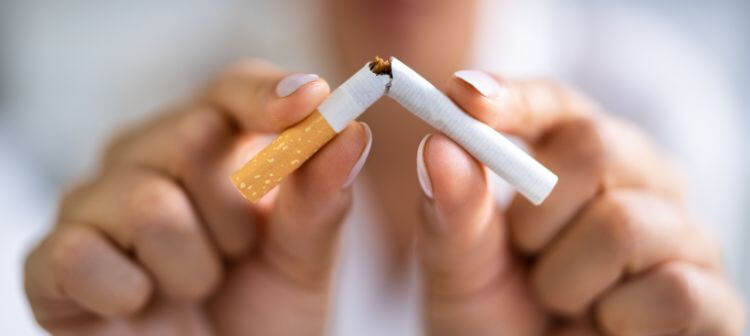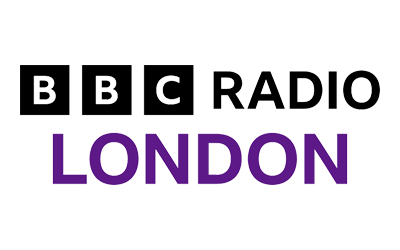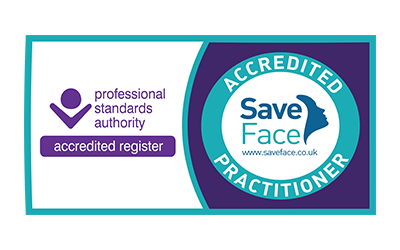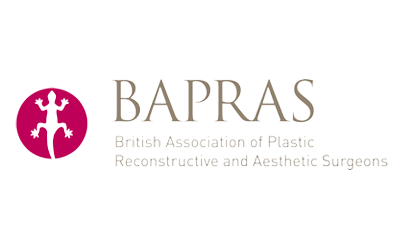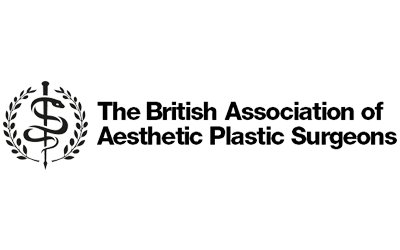We are all well aware of the dangers of smoking and know that smoking causes heart disease and a wide range of cancers, but many may not realise just how far-reaching its damage can be. With World No Tobacco Day coming up on 31st May, this seemed a good time to remind you of the negative impact smoking can have on plastic surgery.
And unfortunately, vaping is not an acceptable option either as it has a lot of the same effects, so London plastic surgeon Mr Alex Karidis recommend quitting both for at least four weeks before and after surgery – and, ideally, for good.
So, what exactly does smoking do to cause extra risk during plastic surgery procedures?
-
Nicotine constricts your blood vessels
That’s right: whatever form you absorb it in, be that cigarettes, vapes, patches or gum, it’s the nicotine itself that does the damage here. To recover from surgery quickly and effectively, you need your blood vessels to be strong and healthy, able to rush oxygen-rich blood and nutrients to the incision sites to help them heal. Nicotine impedes this process by shrinking your blood vessels down so that they struggle to transport anything quickly.
-
Nicotine delays wound healing
Smokers and vapers find it takes significantly longer for their wounds to heal than is generally predicted. This is partly due to the blood vessel constriction mentioned above, but for cigarette smokers, additional chemicals found in cigarettes, like carbon monoxide and hydrogen cyanide, can disrupt the healing process on a cellular level. This can increase the risk of the wound re-opening, and lead to more significant scar tissue.
-
Nicotine increases the risk of infection
One thing that can dramatically impact your recovery time after surgery – as well as making you feel pretty unwell – is if the wound becomes infected. Unfortunately, smokers (and vapers!) have a much higher risk of post-surgery infection than non-smokers, because nicotine affects the functions of immune cells, which – together with the blood vessel constriction – effectively stops your immune system from functioning as it should.
-
Nicotine can actually detract from the cosmetic outcome of surgery
Generally, the aim with plastic surgery procedures is for the patient to look, and therefore feel, better. Unfortunately, this improvement can be significantly decreased in smokers, since smoking reduces the blood supply to the skin, which can leave it looking dull and sallow, and decrease its elasticity. This, together with the potential for visible scarring, can mean the cosmetic prognosis for smokers is dramatically lower than that of non-smokers.
How to quit without resorting to nicotine replacement
We all know that nicotine is one of the hardest addictions to kick, which is why most smokers quit by turning to nicotine replacements, like patches, vapes or gum. However, as we have seen, it is the nicotine itself that causes many of the negative effects of smoking on surgery, so what can you do to help you manage the withdrawal symptoms?
- Keep physically active – engaging in physical exercise will not only raise your endorphins and keep you positive during those nasty initial phases of withdrawal, but in the longer term you’ll notice that stopping smoking has had major benefits for your lung capacity and stamina.
- Distract yourself – take up a hobby that will give you something else to think about and – ideally – something to do with your hands. Knitting, crochet, pottery, origami… anything that requires focus!
- Early nights – if you’re an evening smoker, taking yourself to bed before the cravings kick in can be very effective. And even if you tend more towards a morning smoke, getting a good night’s sleep can reduce irritability and help you to manage cravings during the day.
If you cannot quit smoking before your operation, Mr Alex Karidis may refuse to perform surgery at this time as it will likely impair your results.
For more advice on how best to prepare for plastic surgery, call 0207 432 8727 to arrange a consultation with Mr Alex Karidis.
